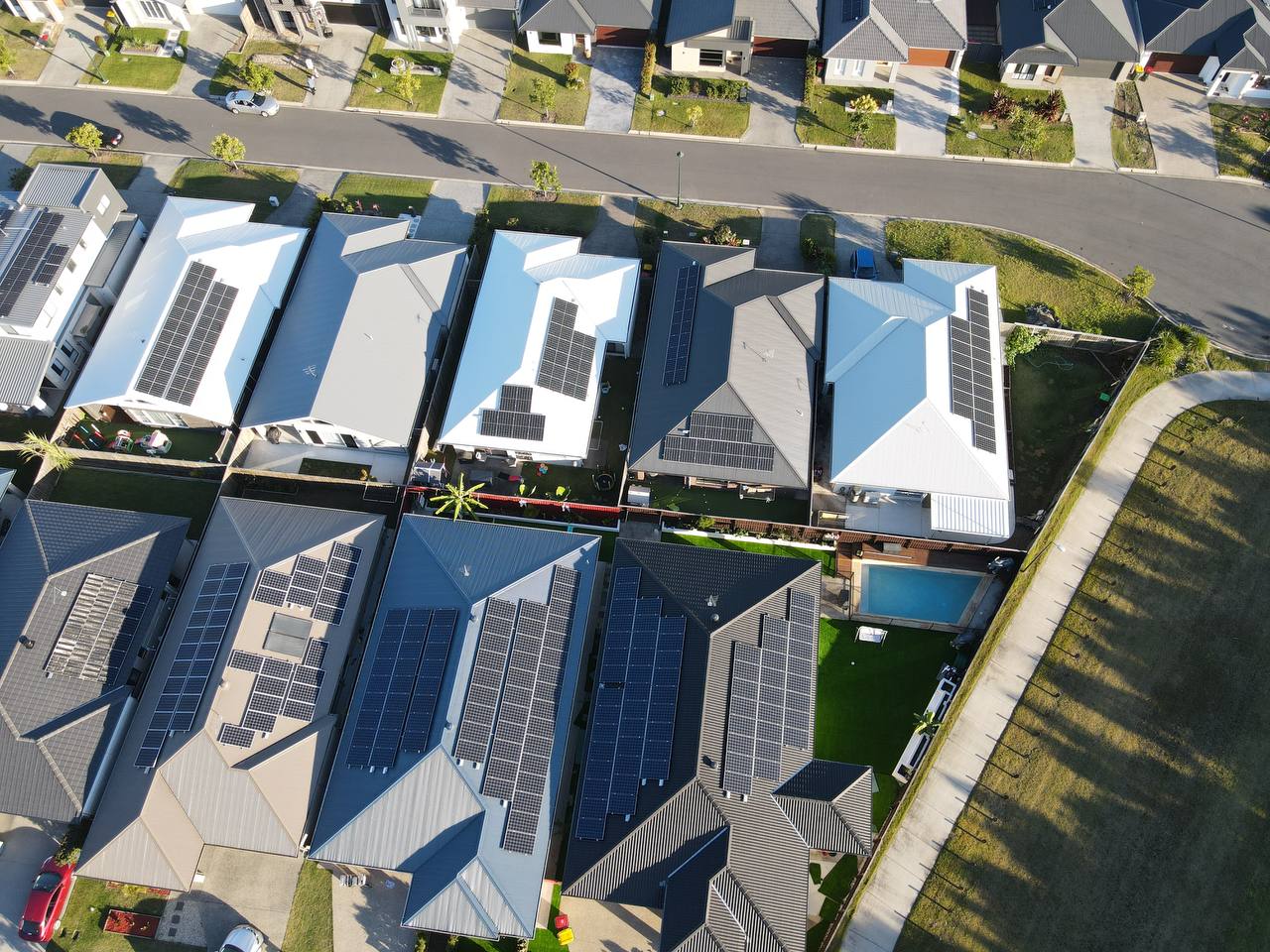As homeowners look for ways to reduce their carbon footprint and monthly utility bills, residential solar systems are becoming increasingly popular. However, the question remains for many: Is a residential solar system truly worth the investment? In this comprehensive article, we’ll break down the costs, benefits, and long-term value of installing solar panels for your home to help you make an informed decision.
The Initial Investment in Residential Solar Systems
The upfront cost of a residential solar system is one of the primary considerations for most homeowners. On average, the installation cost can range from $15,000 to $30,000 depending on the size of the system, location, and the type of panels used. This may seem like a hefty price tag, but it’s important to consider several factors that can significantly lower these initial costs.
Government Incentives and Tax Credits
Many governments offer solar tax credits and incentives to encourage homeowners to adopt renewable energy sources. In the United States, for instance, the Federal Investment Tax Credit (ITC) allows homeowners to deduct a percentage of their solar installation costs from their federal taxes. For systems installed in 2024, this deduction can be as high as 30%.
Additionally, local and state governments may offer rebates, grants, or low-interest loans to further reduce the cost of solar panel installation. These incentives can cut thousands of dollars from the initial investment, making solar energy more accessible to a broader audience.
Solar Financing Options
For homeowners who cannot afford the upfront payment, several financing options are available. Solar loans, leases, and power purchase agreements (PPAs) provide alternatives to paying the full cost upfront. With a solar loan, homeowners can finance their system with monthly payments that often amount to less than their previous energy bills.
Leases and PPAs allow homeowners to enjoy the benefits of solar energy without owning the system. Instead, they pay a monthly fee to a solar company that installs and maintains the system on their roof. While this option doesn’t provide the same long-term savings as owning the system outright, it offers immediate access to renewable energy at a lower cost.
How Much Can You Save with Solar Panels?
One of the most compelling reasons to install a residential solar system is the potential for significant long-term savings. The exact amount you can save depends on several factors, including your location, the size of your system, and your household’s energy consumption.
Lower Monthly Energy Bills
Your monthly energy expenditures can be significantly decreased, if not completely eliminated, by producing your own electricity. The amount of money saved depends largely on your region’s energy rates and how much sunlight your area receives. In regions with high electricity costs and ample sunlight, solar panels can provide substantial savings.
For example, in sunny states like California, Arizona, or Florida, homeowners with solar panels can save up to $2,000 annually on their energy bills. Over the 25-30 year lifespan of a typical solar system, these savings can easily cover the initial investment and continue to provide financial benefits. Solar panel companies are at the forefront of the renewable energy revolution, providing innovative solutions for both residential and commercial clients.
Net Metering: Selling Excess Energy
Many states offer net metering programs, which allow homeowners to sell excess electricity generated by their solar panels back to the grid. This can further reduce energy costs and, in some cases, even result in a credit on your utility bill. If your system generates more electricity than your household uses, you could potentially earn money or build up credits for times when your system isn’t producing as much energy, such as during cloudy days or at night.
Long-Term ROI: Return on Investment
The return on investment (ROI) for a solar system typically falls within 5 to 10 years, depending on the installation cost and energy savings. Once your system has paid for itself, the electricity it generates is essentially free, allowing you to enjoy years of energy cost savings.
Given that solar panels have a lifespan of 25 to 30 years, homeowners can expect a substantial net gain over time. Some estimates suggest that solar systems can increase a home’s resale value by 4-6%, further improving the financial benefits.
Environmental Impact of Residential Solar Systems
In addition to the financial advantages, residential solar systems provide significant environmental benefits. Solar energy is a clean, renewable source of power that reduces reliance on fossil fuels and helps combat climate change.
Reducing Carbon Emissions
By switching to solar energy, the average household can reduce its carbon footprint by 3 to 4 tons of CO2 per year. This is the equivalent of planting 150 trees annually. Over the lifetime of a solar system, these environmental benefits add up, making a meaningful contribution to the fight against global warming.
Energy Independence and Grid Stability
Solar panels provide a degree of energy independence by allowing homeowners to generate their own power. This reduces reliance on utility companies and the fluctuating cost of electricity. Furthermore, widespread adoption of solar energy can lead to a more stable and resilient energy grid, less susceptible to blackouts and other issues caused by high demand or extreme weather events. commercial solar panel installation is a strategic investment that can significantly reduce operational costs for businesses.
